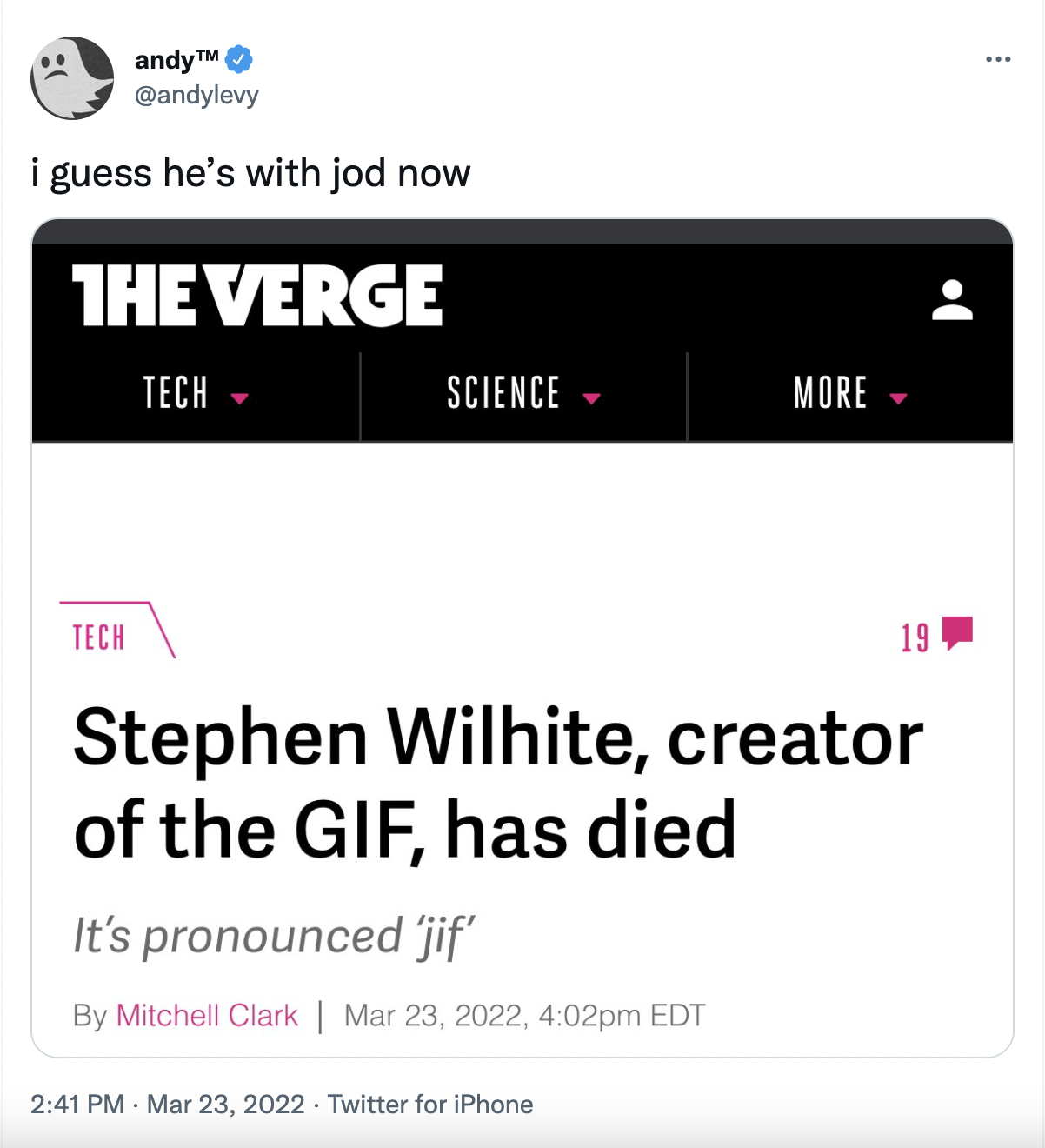Electronic Beowulf? For reals??? Guess my weekend’s settled, then. In the meantime, I’ll be re-reading Maryann Corbett’s masterful take on translation in the third millennium.
Friendly reminder: It’s “moot point,” not “mute point.”
“A robot made of magnetic slime with a custard-like consistency can navigate narrow passages, grasp objects and fix broken circuits. It could be deployed inside the body to perform tasks such as retrieving objects swallowed by accident.” Check it:
This steaming pile of techno-horror was six years in development. Six years! Quick: What are the odds it makes it to production—and is actually worn by a real human?


